
3D printing your own personalized contact lenses
Lensy envisions that within a few years, the optometrist will check your vision, press a button and hand you a perfect pair of custom contact lenses.

Lensy envisions that within a few years, the optometrist will check your vision, press a button and hand you a perfect pair of custom contact lenses.
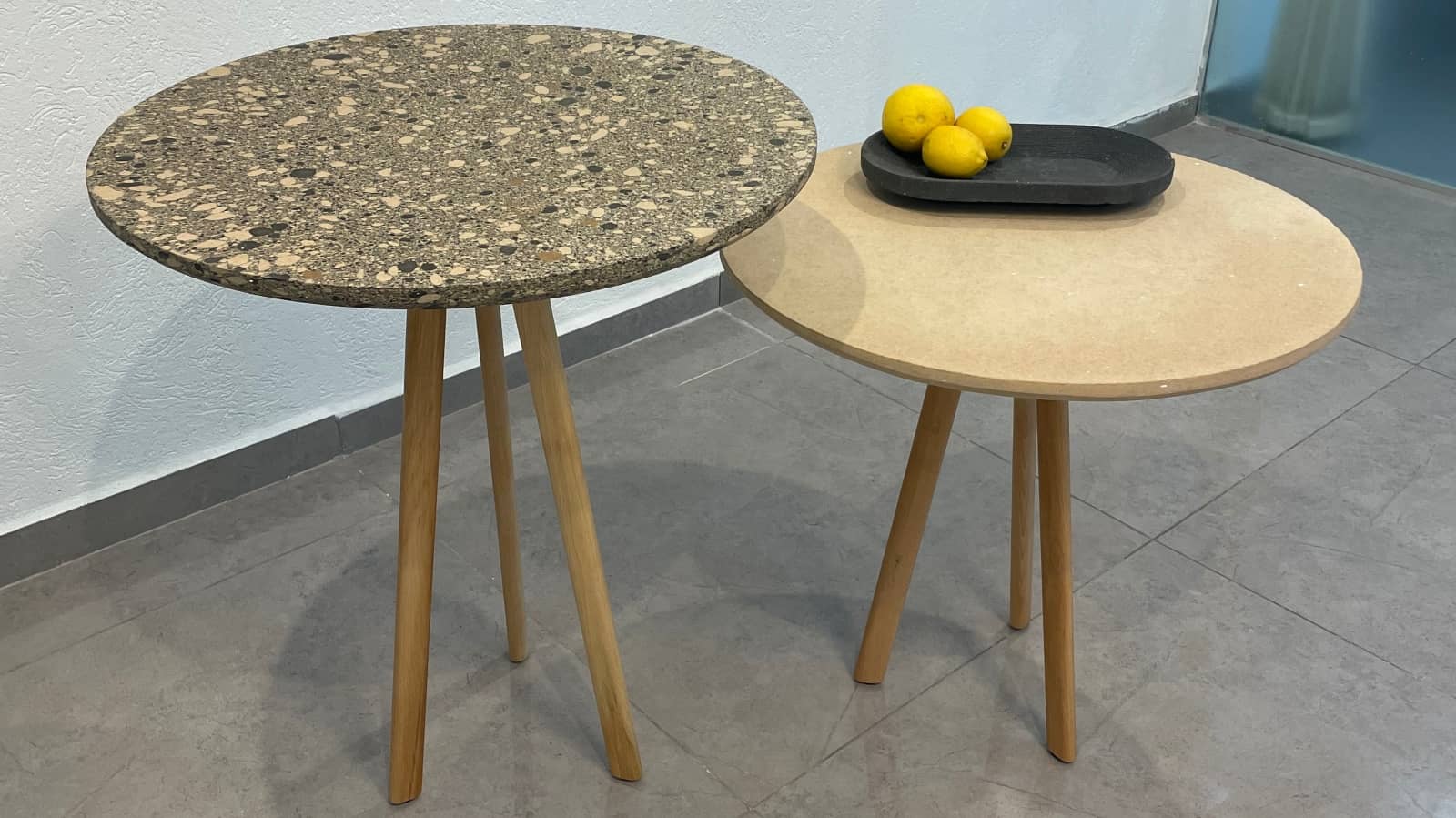
New circular production process saves wood byproducts from the waste stream, yielding a 100% natural raw material with no thermoplastics.

Stratasys signs agreement with regenerative and aesthetic medicine company CollPlant to develop plant-based human tissues and organs.
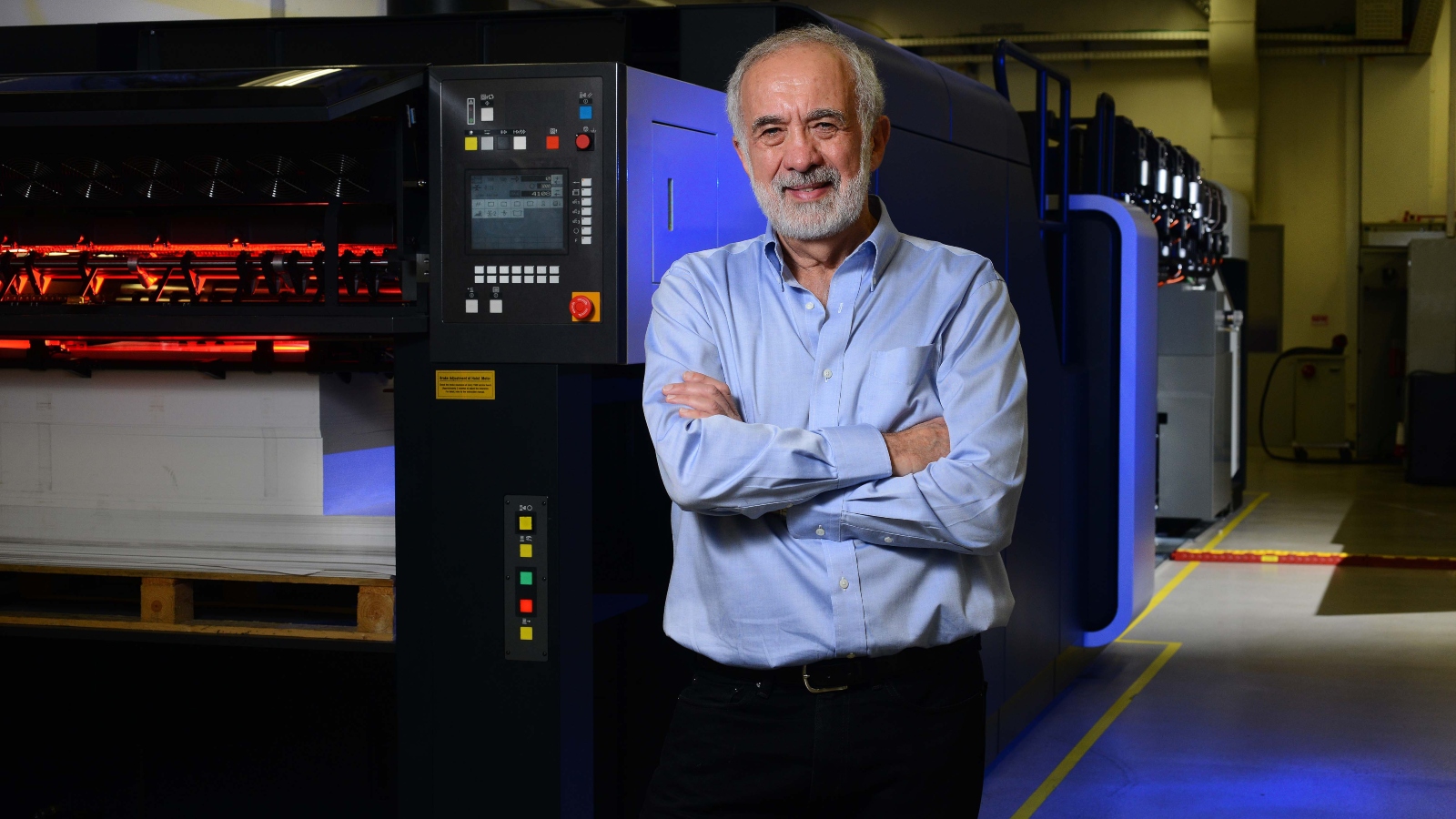
The famous Israeli entrepreneur predicts lab-grown diamonds will be increasingly popular for environmental and humanitarian reasons, especially among millennials and Gen Zers.

Researchers from four Israeli universities say their method can be adapted to restore destroyed coral ecosystems around the world.

Plastic surgeons at Galilee Medical Center attached a 3D-printed prosthetic ear to a child born with microtia, a developmental defect.

First-ever spinal cord implant to treat paralysis without risk of rejection is successfully tested on mice; human trials expected by end of 2024.

Dozens of teams compete virtually in TOM Global Innovation Challenge to provide tailored solutions to people with disabilities, the elderly or poor.
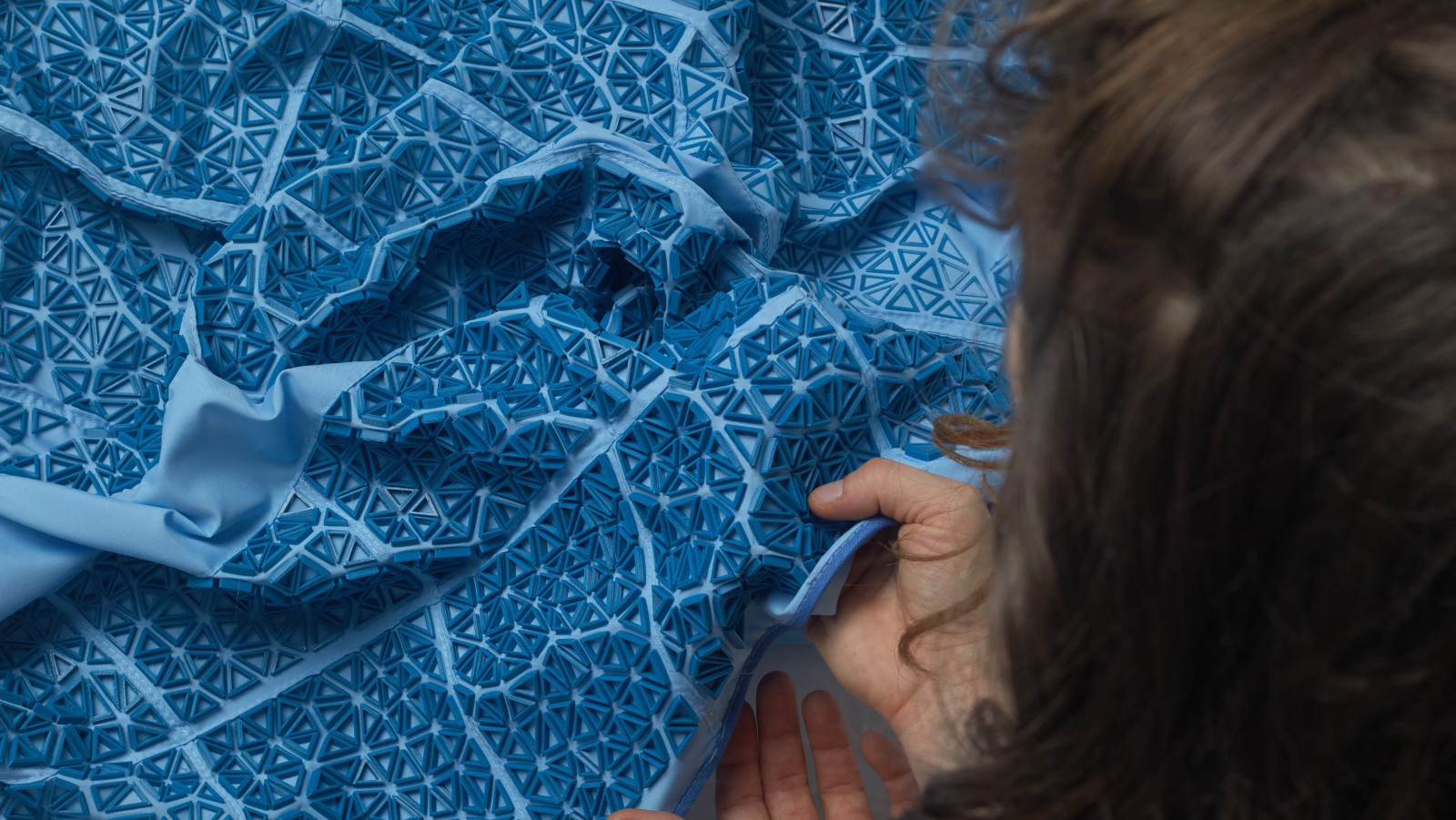
Ganit Goldstein and her software engineer brother, Yoav, teamed up to create a unique virtual reality exhibition of her 3D-printed garment collection.

Partnership with Bayer calls for developing a platform for cardiotoxicity screening, using human heart tissues 3D-printed in Prof. Tal Dvir’s lab.

Israeli organization Haifa 3D utilizes cheap and cheerful technology to make bionic hands available to growing numbers of adults and children.
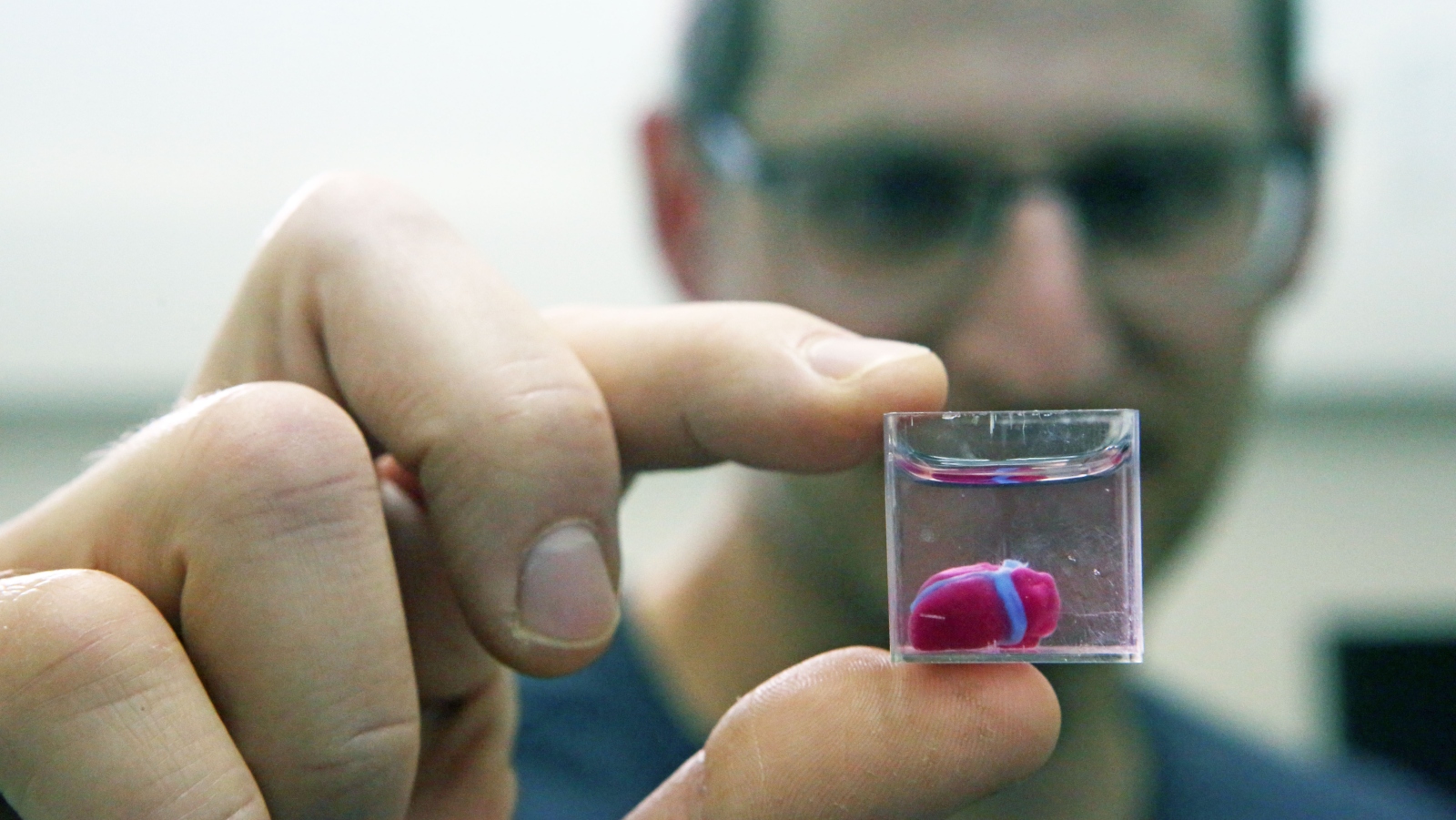
In major step towards 3D printed organs, scientists in Tel Aviv print heart with cells and blood vessels.

Researchers are developing complex and precise artificial tissues that can be better integrated into target organs.
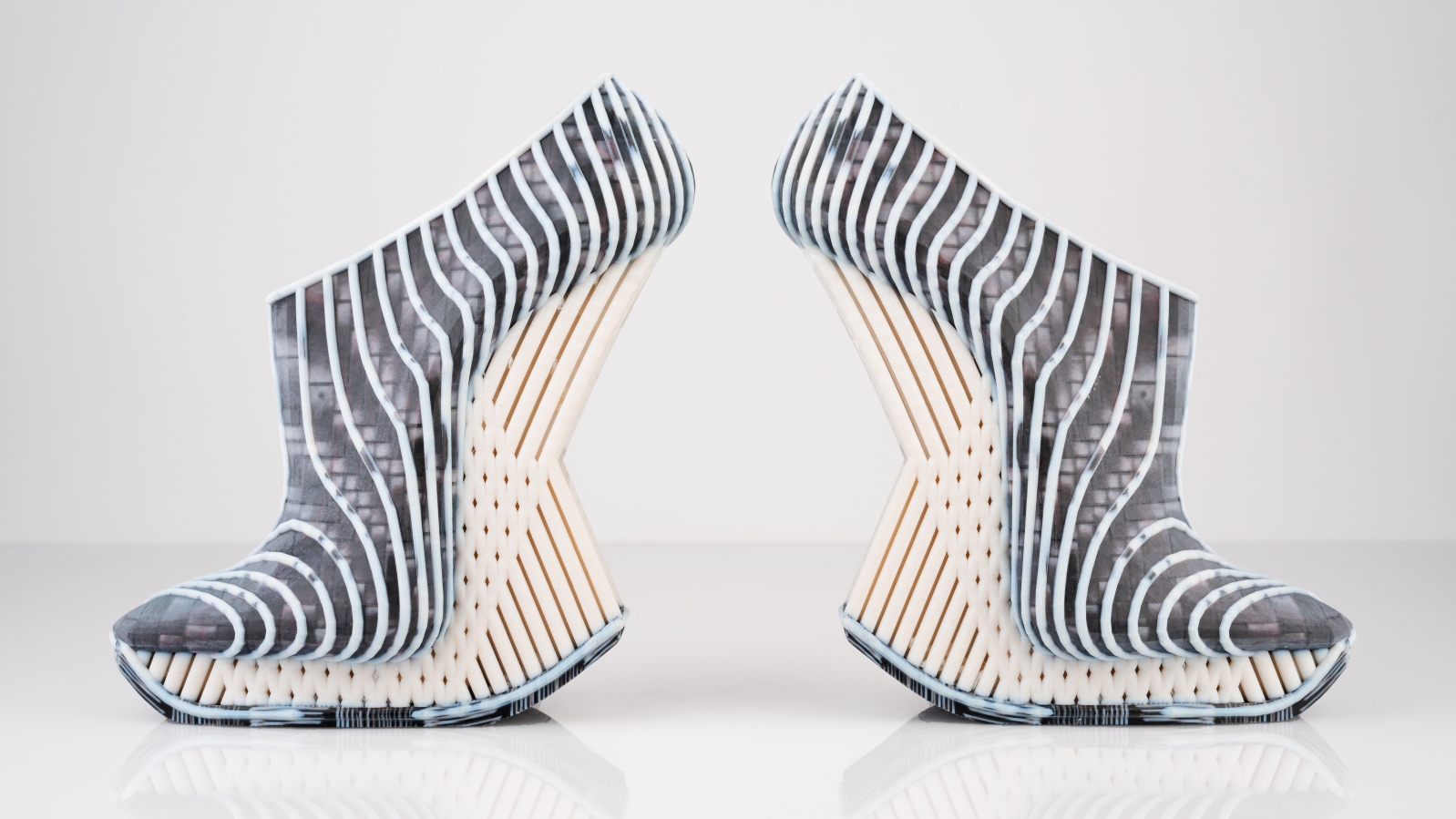
Ganit Goldstein was one of only 11 designers invited to Hong Kong to compete in world’s largest sustainable fashion design competition. When you look at her work, you can see why.
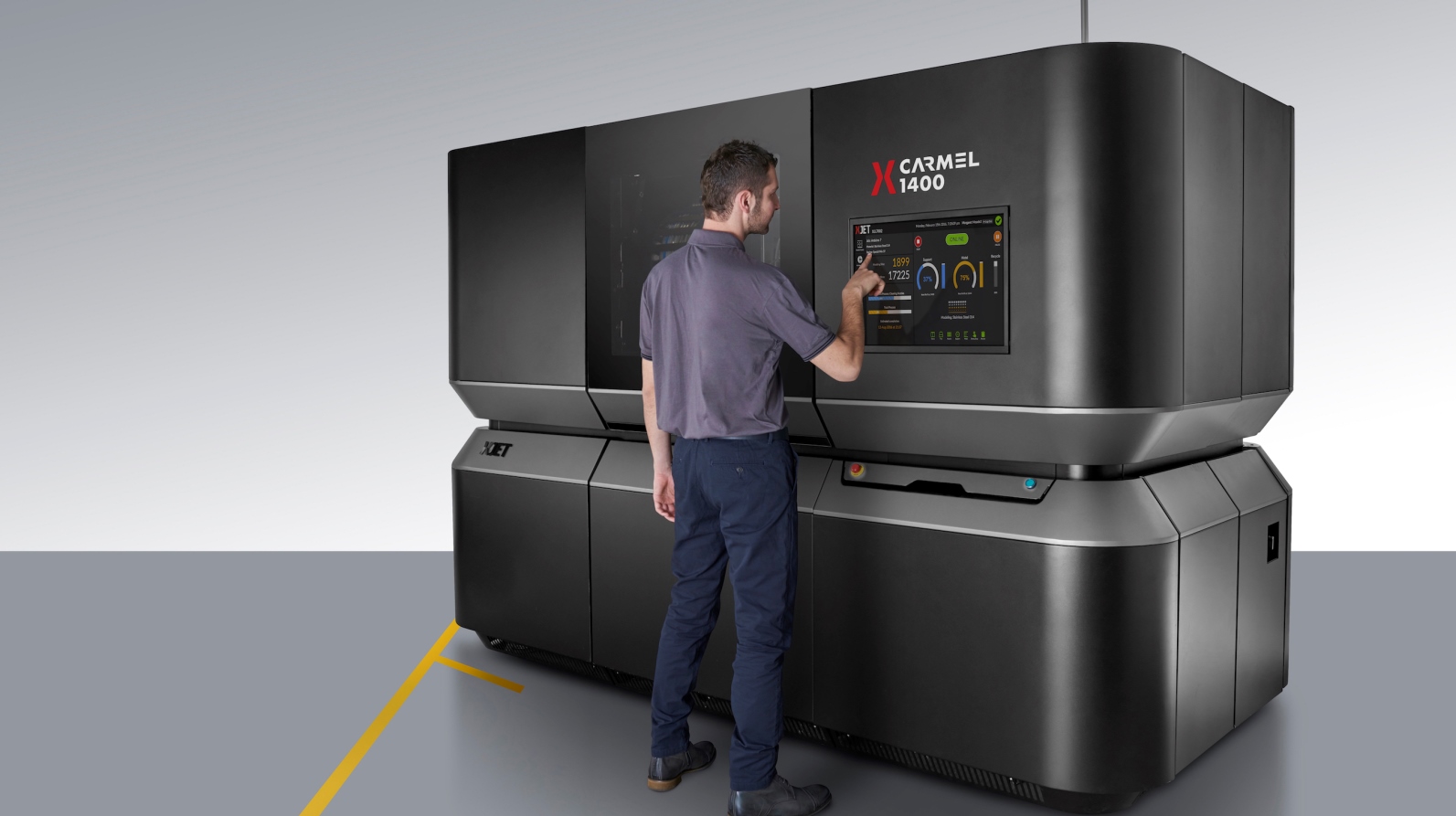
Innovative nanotech for 3D printing of metal and ceramic additives could transform automotive, medical, dental, aviation and robotics industries.